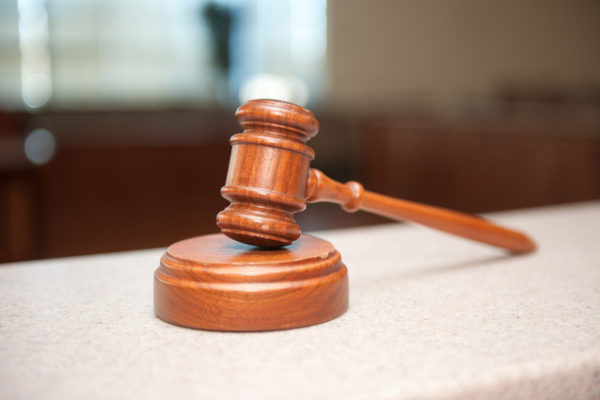According to a Department of Justice Press Release issued November 10, 2016, Nermin Awad El-Hadik, owner of Hope Pharmacy, Inc. in Houston, pleaded guilty to paying kickbacks in a health care fraud scheme. El-Hadik faces up to five years in federal prison and has agreed to pay more than $5 million in restitution. In her guilty plea El-Hadik admitted that from March 2015 to December 2015, she paid kickbacks totaling over $5.3 million to Garry Wayne Craighead. Craighead, a chiropractor, organized and controlled multiple health care related entities, including eight clinics in Texas (Dallas, Fort Worth, Killeen, Austin, San Antonio, Corpus Christi, Weslaco, and Beaumont) that derived substantial revenue from the U.S. Department of Labor’s health care benefit programs. El-Hadik paid Craighead cash for patient referrals of federally-insured employees in need of prescription services; and, for his influence in encouraging physicians to prescribe compounded medications for patients, which would then be furnished at Hope Pharmacy.
After pleading guilty to federal health care fraud crimes on December 4, 2015, Craighead was sentenced to 14 years in federal prison and ordered to pay over $17 million restitution to the U.S. Department of Labor on June 10, 2016.
With compounding fraud cases on the rise, whistleblowers coming forward with information regarding these types of fraudulent schemes are necessary to stamp out this dangerous and wasteful fraud. The Department of Justice has undertaken a clear initiative to prosecute compounding pharmacy fraud. For example, there have been other major compounding pharmacy fraud schemes recently prosecuted in Texas and Florida.
The cases against El-Hadik and Craighead are criminal cases. However, under the qui tam provisions of the False Claims Act, whistleblowers with information about compounding fraud may bring a civil case on behalf of the United States. If successful, the government can recover three times the amount the defendants fraudulently billed the government. The whistleblower, who originally filed the case, is entitled to 15-30% of the government’s recovery as well as their attorney’s fees.






Talk with an Expert
Frohsin Barger & Walthall
Call 205.933.4006 or
Send us a Message